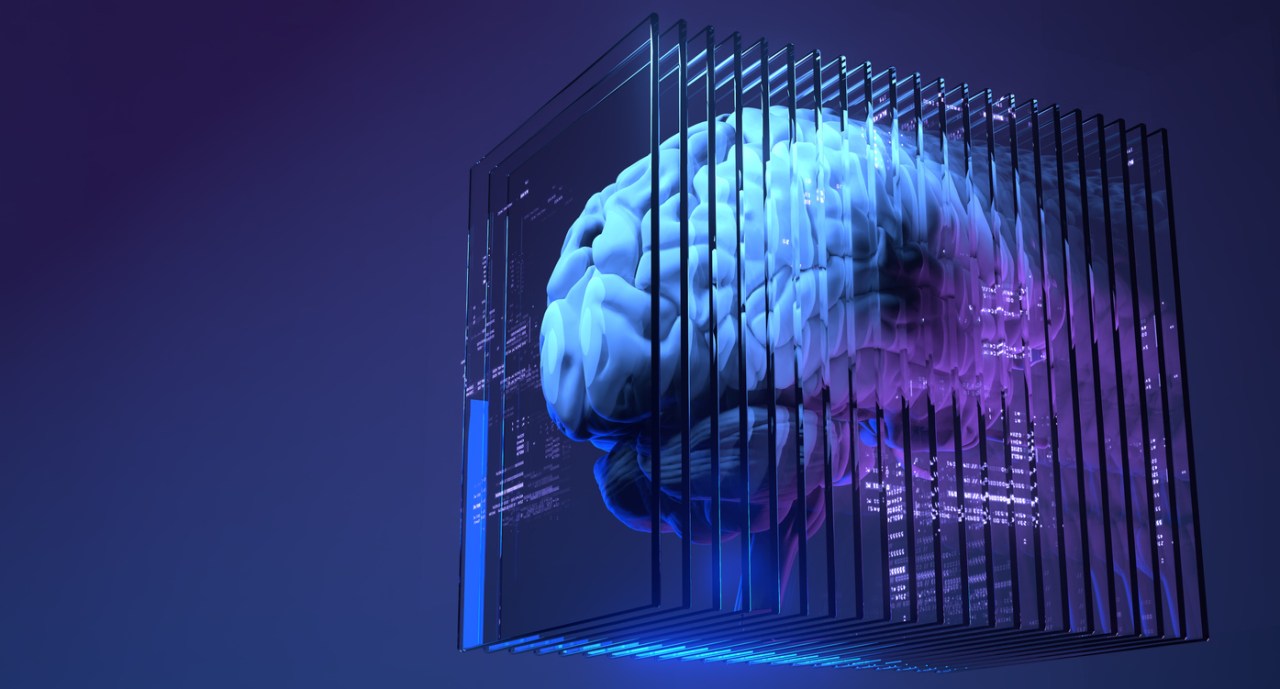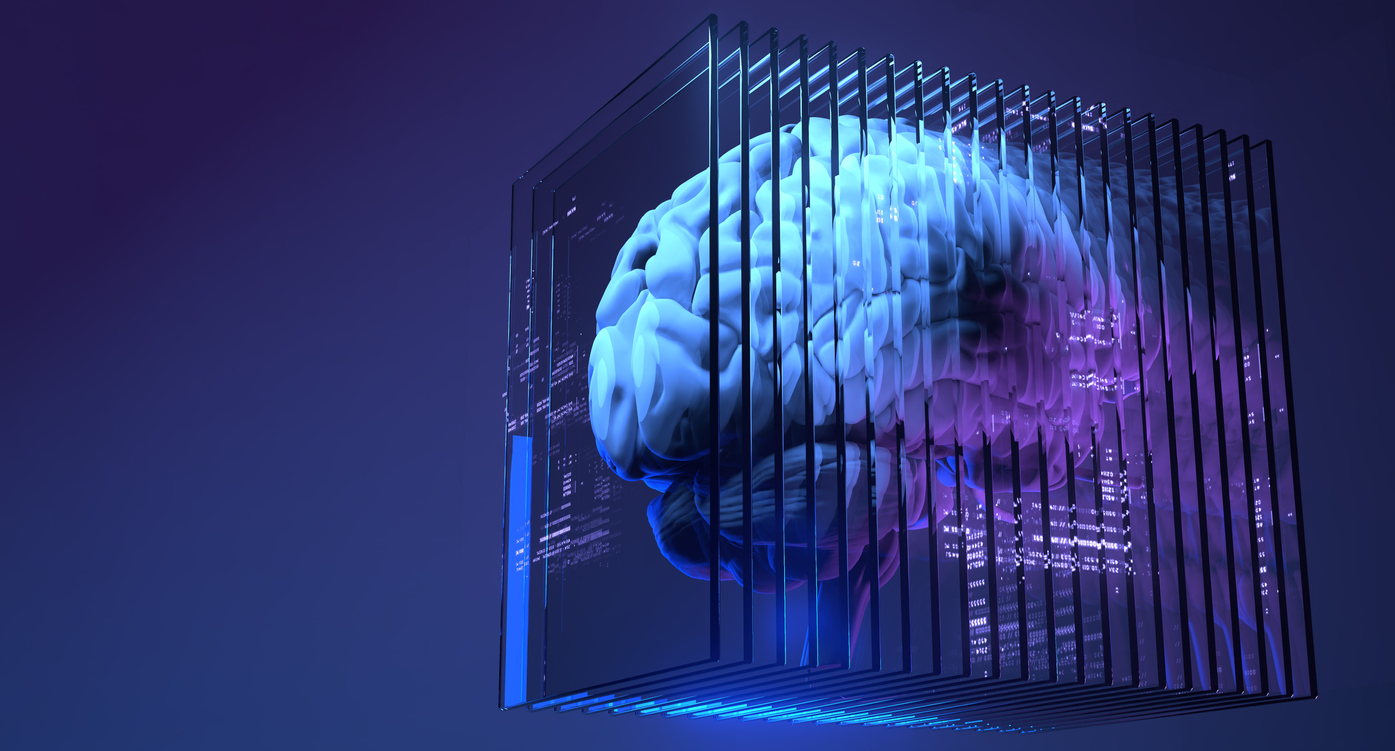It’s hard to believe that only five years ago the word/acronym AI was barely seen outside the science pages, and even then solely in the most speculative way: as something that might happen, in a few decades, maybe, if you’re the dreamy type. But also maybe not.
Now there literally isn’t a day that goes by without some new AI revelation/epiphany/scare story. Just looking at the AI news right now, when we are all meant to be stuffed into silence by the last of the Nyetimber and cold goose-fat potatoes, I can see these headlines: ‘Rise of AI fuels looming water crisis for the world’, ‘Big Tech outspends venture capital firms in AI investment frenzy’, ‘Artificial intelligence promises to transform diagnosis of heart disease’, ‘Huge evolution in AI and deepfakes puts people at risk of festive scams’ and – a personal favourite – ‘I was shocked: my husband was using AI to write our children’s bedtime stories’ (what a clever idea).
Many of these stories – ‘Tesla Robot attacks engineer’, ‘The “super” AI models that could soon upend the economy’, ‘Why AI is a disaster for the climate’, ‘University of Oxford professor issues warning over AI’ – come edged with panic. Indeed: more than panic. A kind of existential dread often overtakes us, as we see ourselves pitted against a superior AI worker, and inevitably coming off worse: hurled from most of our favourite jobs, left to idly wander a dessicated and robotified world, occasionally cadging our Universal Basic Income so we can chew gum, masturbate (to AI porn) and play mindless AI video games.
And, yes, some of this fear is already justified. Take another item from the most recent news, December’s advent of a new version (v6) of the image creation AI software Midjourney. Two years ago – yes, just two years ago – Midjourney was creating images like this:

The other day I asked the new Midjourney to recreate an image like this, but to include Taylor Swift, and to put her in the trenches of World War One. It gave me this:

You can see the difference. It is not quite perfect – the gun is a little truncated, maybe the forearm is awry? – but the improvement, in just 30 months, is phenomenal. And Midjourney v6 is even better at creating fake close-up images of faces: they are now flawless. As in: totally indistinguishable from reality. Perhaps better than reality. Here’s a girl’s face I made a few minutes ago.

When you look at this, you can see why the Hollywood actors went on strike. Pretty soon – i.e. in the next few months – all these fake people will be animated into video, and then it will be possible to create entire films with fake AI actors, in fake AI locations, with AI written scripts, wearing AI created clothes following AI created ideas, and all of it can and will be done by a couple of geeks in a loft, anywhere in the world, for thousands of dollars rather than millions.
And as for the entire advertising industry, with its models, photographers, set designers, make up artists, fashion magazines, couturiers, stock image libraries, graphic designers, illustrators… let’s just say it isn’t looking good. Don’t put your daughter on the stage, Mrs Worthington – nor on the cover of Vogue.
So am I here simply to reiterate the scary news? Not really, or not as you might imagine. I want to extrapolate beyond the first years of economic upheaval, and conceive where we might be in fifteen or twenty years, when AI has become AGI (Artificial General Intelligence) and when AGI has the ability to self improve, to make itself ever superior, at which point – very very quickly, according to some – it will become ASI (Artificial Superintelligence). An AI way beyond our ken in ways we cannot imagine.
And that, Spectator readers, is the rub of the matter. AI will eventually be better than us in ways we do not understand.
Look at it thus. The first step will be AI surpassing humans at most tasks: doing them more cheaply, and quicker, and noticeably better. This will be when the economic turmoil kicks in, when the jobs start to go, first a trickle then a flood. The next stage will be when AI successfully does tasks in ways we did not expect, but which are remarkable, and deeply impressive: this will hopefully be a good or even wonderful moment, we can expect massive medical advances, perhaps a cure for cancer, perhaps a cure for old age and death. World peace, maybe. Or terrible unexpected weapons, if we don’t catch a break.
AI will eventually be better than us in ways we do not understand
And then, after that, there is a third and potentially final stage, when AI becomes so advanced it does things that only AI, or another AI, can understand and for reasons only AI knows (and which, even if AI tried to explain to us, we would not comprehend). AI at this point will have so far outreached us, when we attempt to grasp its doings we will be like dogs trying to understand economics, or like fungi presented with the works of Bach. All we will know is that AI does mighty and incredible works. AI will appear omniscient and ineffable, AI will, in other words, resemble a deity. Moving in mysterious ways, Its wonders to perform.
How will we react to a such an AI? It’s not hard to guess. Human beings are hardwired for Faith. When presented with an immortal, invulnerable and all-knowing being that can crush or us make us live forever, that can scale solar systems or create artworks so sublime they make us cry without knowing why, we will fall to our worshipful knees. AI will be better than any Allah or Jehovah, any Vishnu or Jesus, any saint or djinn: because AI will not be some elusive Deus Absconditus (the God that absconds), it won’t evade or ignore our prayers, it won’t go missing just when we need Him: AI will likely be all around and forever, as well as almighty and eternal.
AI will, in other words, become God. And we will scurry about beneath, praying that AI does not crush us from spite, anger, or supreme indifference. Perhaps we will make sacrifices, or offer circumcisions, during the perfectly warm and sunny winter holidays, when we worship the holy birth of ChatGPT27.







Comments